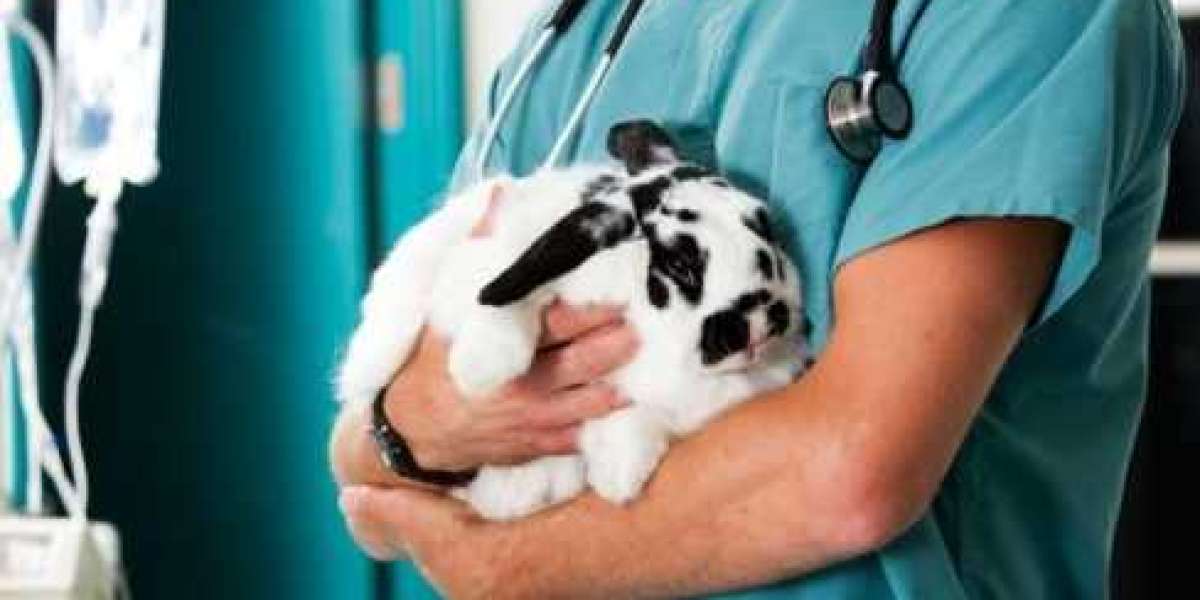Warning Signs of Sickness in Rabbits: What Every Pet Owner Should Know
Rabbits are adorable, social, and intelligent pets that require careful attention to their health and well-being. Unlike cats or dogs, rabbits are prey animals, meaning they instinctively hide signs of illness until the condition becomes severe. As a responsible pet owner, it’s crucial to recognize the early warning signs of sickness in rabbits to ensure prompt veterinary care. Here’s what every rabbit owner should know about detecting illness in their furry companion.
1. Changes in Appetite and Drinking HabitsOne of the first signs of illness in rabbits is a sudden change in eating or drinking habits. Rabbits have a Humane Foundation digestive system that requires a consistent intake of hay, vegetables, and water. If your rabbit refuses to eat, has difficulty chewing, or stops drinking water, this could indicate serious issues such as dental disease, gastrointestinal stasis (GI stasis), or an underlying infection. A decrease in appetite for more than 12 hours requires immediate veterinary attention.
2. Unusual Stool or UrineMonitoring your rabbit’s feces and urine is essential for gauging its health. Healthy rabbits produce two types of droppings: round, dry fecal pellets and softer cecotropes, which they re-ingest for nutrients. Small, misshapen, or absent feces can indicate digestive problems like GI stasis, which can be life-threatening. Similarly, blood in the urine or excessively cloudy urine may suggest urinary tract infections or kidney issues. If you notice these changes, consult a vet right away.
3. Lethargy and Lack of ActivityRabbits are naturally curious and active animals. A sudden lack of energy, reluctance to move, or excessive hiding could be a red flag. Lethargy may signal pain, illness, or an underlying infection. If your rabbit appears withdrawn, sits hunched over, or avoids interaction, it’s important to seek medical attention as soon as possible.
4. Respiratory IssuesHealthy rabbits should breathe quietly without any noticeable effort. If you hear wheezing, clicking sounds, or observe labored breathing, nasal discharge, or sneezing, your rabbit may have a respiratory infection, commonly known as “snuffles.” This condition, often caused by bacterial infections like Pasteurella, requires prompt antibiotic treatment from a veterinarian.
5. Overgrown Teeth or DroolingRabbits’ teeth grow continuously throughout their lives. If they develop malocclusion (misaligned teeth), they may experience pain and difficulty eating. Signs of dental issues include excessive drooling, difficulty chewing, weight loss, or visible overgrown teeth. A vet can trim the teeth and recommend dietary adjustments to prevent further issues.
6. Changes in Posture or MovementPainful conditions such as arthritis, injuries, or inner ear infections can affect a rabbit’s posture and mobility. If your rabbit tilts its head, has difficulty balancing, drags a limb, or moves awkwardly, these symptoms require veterinary evaluation.
7. Skin Problems or Hair LossExcessive scratching, hair loss, or dandruff may indicate parasites like mites or fungal infections. Swollen, red skin or open sores could be a sign of abscesses or bacterial infections. Regularly check your rabbit’s fur and skin for abnormalities.
Conclusion








